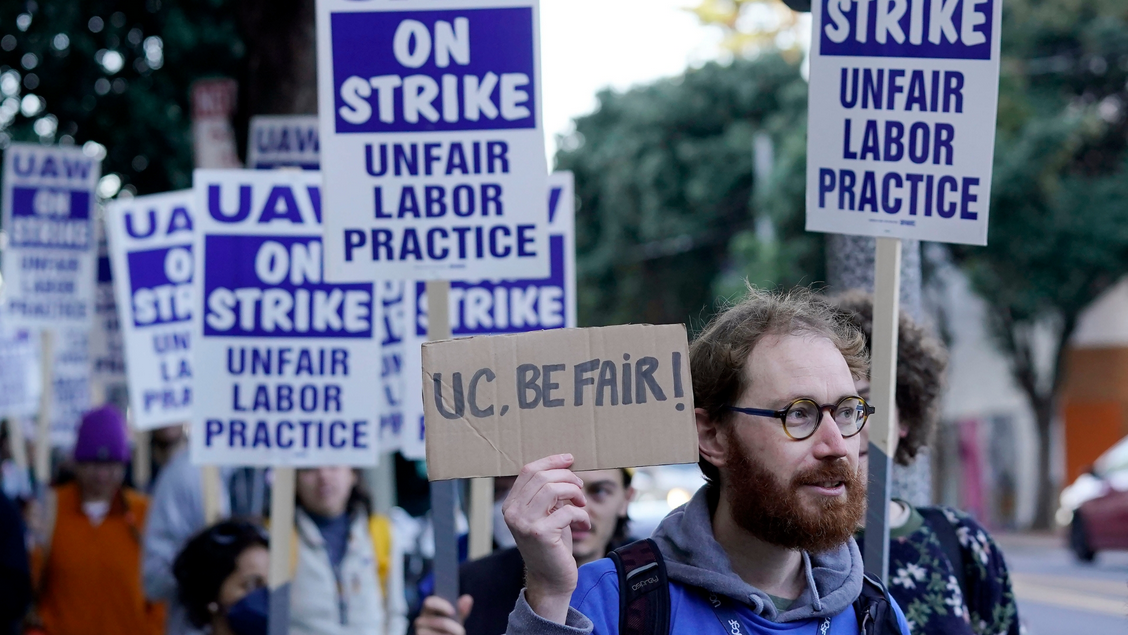The main contractual obligation of employees is to place their personal services at their employer’s disposal. Tender of service is a prerequisite to the employee’s right to claim remuneration. Under both common law and statute law in the form of the Labour Act (Cap 28:01), employees who do not tender service are not entitled to wages irrespective of the reason for their non-tender. Conversely an employee who does tender service but is prevented by the employer from working is entitled to be paid.
At common law the obligation of an employer to pay wages is dependent upon performance by the servant of the work that he is contracted to do. Thus, in The Law of Master and Servant in South Africa by Norman Scoble at p203, the author states:
“The legal obligation of an employer to pay wages is dependent entirely on the servant having performed his part of the contract in rendering the services stipulated for by the parties. The basis is ‘no work no pay’ (unless the master is to blame for failing to provide any work for the servant to perform) (Vadasz v Cohen, 1993 TPD 100).”
The law recognizes that the employee may take lawfully sanctioned leave days which are paid. Apart from that the employee is obliged to render service until the contract of employment ends.
Failure to render service may take many forms ranging from absenteeism to unpunctuality, in which case at common law the employer is entitled to deduct from the employee’s wage an amount proportional to the absence. Section 12A (6)(a) of the Labour Act grants the employer that right. It provides as follows;
“No deduction or set off of any description shall be made from any remuneration except-
- where an employee is absent from work on days other than industrial holidays or days of leave which he is entitled, the proportionate amount of his remuneration only for the period of absence”
This provision sums up the no work, no pay principle.
The employee’s duty to tender service is the corollary of the employer to remunerate, the maxim being ‘no work, no pay’. The reverse also applies ‘no pay, no work’ ie employees who have not been paid may legitimately refuse to work without breaching their contracts. Be that as it may, although employees are entitled by law to strike, they cannot claim pay while on strike whether the strike is lawful or unlawful.
The common law position as set out above is restated in s108 (4) of the Act, which provides as follows:
“An employer is not obliged to remunerate an employee for services that the employee does not render during the lawful collective job action except where the employee’s remuneration includes payment in kind by way of accommodation, the provision of food and other basic amenities of life, in which event the employer shall not discontinue such payment in kind unless the employee declines such remuneration: Provided that, at the conclusion of the collective action, the employer may recover the monetary value of such remuneration by action instituted in the Labour Court.”
See National Railways of Zimbabwe v ZARU& Others SC08/05
Thus an employee who participates in a lawful collective job action is not entitled to his salary unless that remuneration was being paid in the form of services, in which case the remuneration must be paid but may be recovered by the employer by action instituted by him in the Labour Court for this purpose.
The duty to tender service by the employee and the corresponding duty to pay remuneration are at the core of the employer-employee relationship and therefore ought to be observed religiously.
The contents of this article are for general information purposes only and do not constitute our legal or professional advice. We accept no responsibility for any loss or damage of whatsoever nature which may arise from reliance on any of the information published herein.
Copyright © Marume & Furidzo Legal Practitioners 2021



